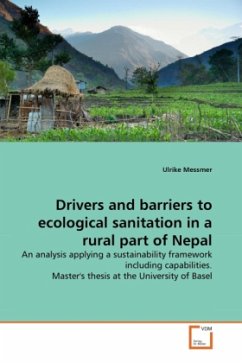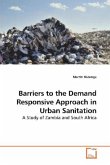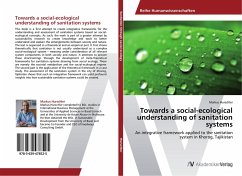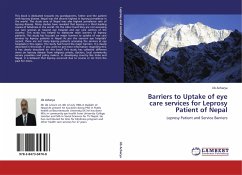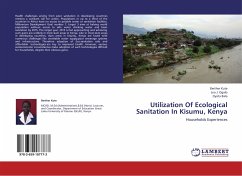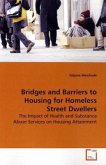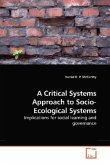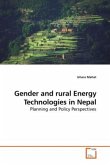This master's thesis is written in the context of the global sanitation problem and has the objective to improve further Ecosan projects. Ecosan is an alternative sanitation solution, based on the closure of the nutrient cycle by reusing human excreta and wastewater in agriculture. It has the potential to contribute to sustainability and to solutions of some of Nepal's problems, like water pollution and malnutrition. The author applies Sen's concept of the Capability Approach and the concept of sustainability in order to identify drivers and barriers for the use of Ecosan. Concerning the drivers the basic idea is to promote Ecosan by highlighting quality of life aspects, expressed in terms of capabilities. In case of the rural area Darechowk VDC several of such drivers are identified. This, however, does not necessarily mean that the people actually receive the expected benefits. Unfortunately, these capabilities are hampered by barriers. Social relations and knowledge managementare crucial in this case. Besides a contribution to practice this work adds to the development of a sustainability theory, as it is the first time the two concepts are liked empirically.
Bitte wählen Sie Ihr Anliegen aus.
Rechnungen
Retourenschein anfordern
Bestellstatus
Storno

